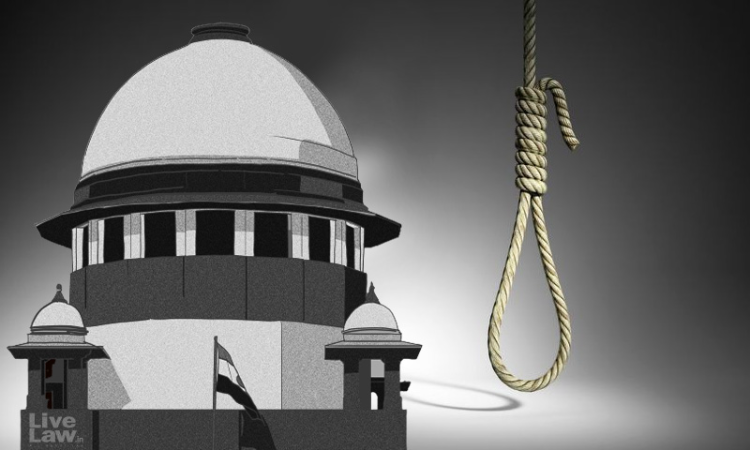The Supreme Court, on Thursday, was astonished that the Public Prosecutors are granted incentives by State of Madhya Pradesh for, inter alia, securing death penalty. It orally directed the Counsel appearing for the State to advise the MP Government to withdraw all such policies for PPs as well those for the Investigating Officials which incentives the outcome of sentencing. A...

